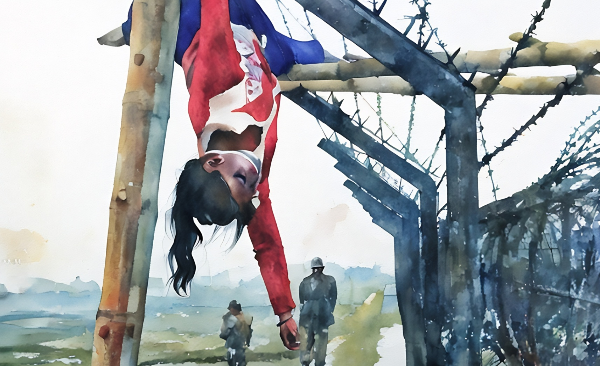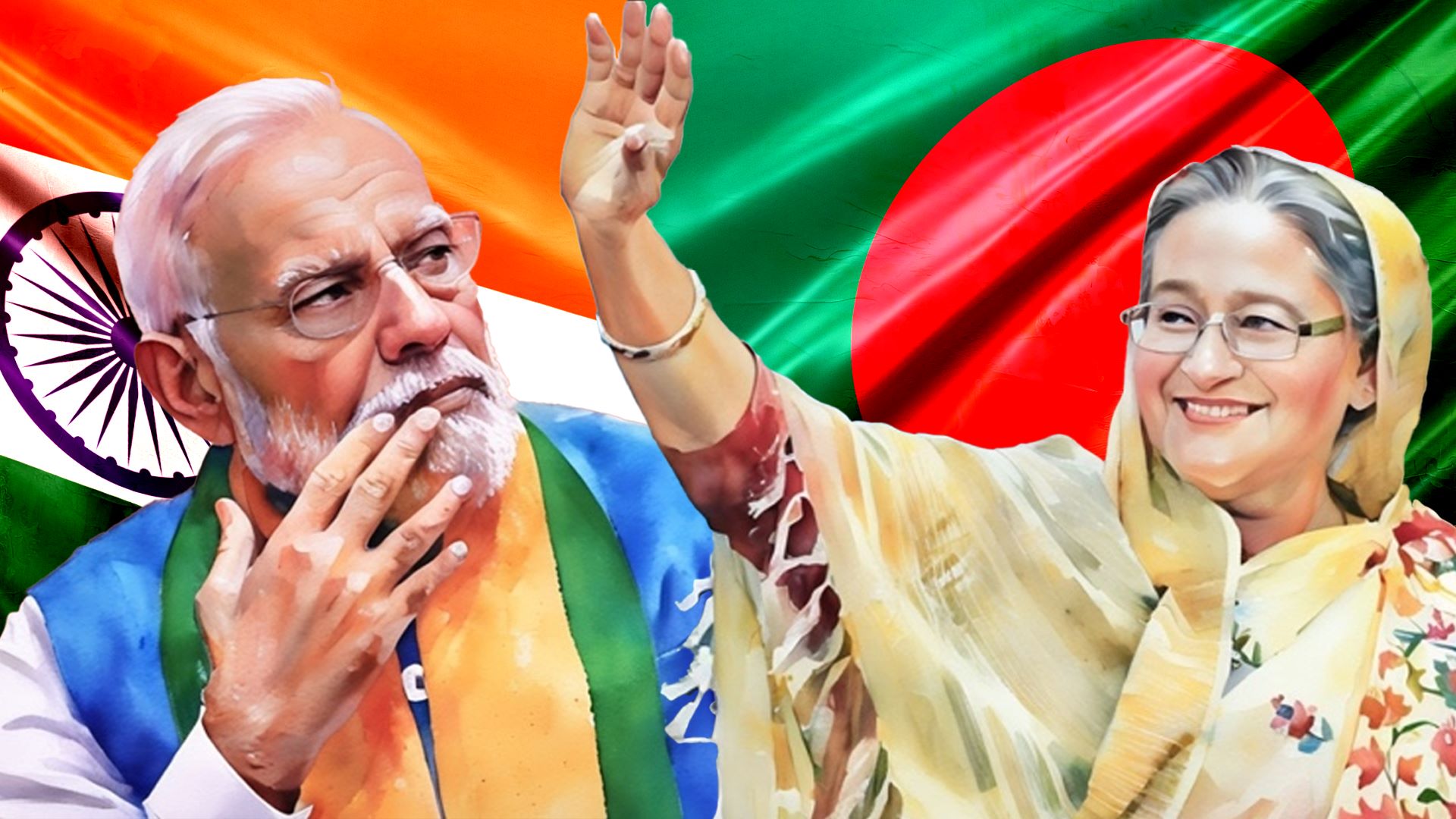Will India reciprocate Bangladesh's rail transit gesture?

There is no beating around the bushes anymore. The Bangladesh government has taken the unprecedented step of allowing Indian trains to run directly through its territory.
This move will enable Indian trains from West Bengal to travel through Bangladesh to reach the eastern states of India, effectively integrating Bangladesh into India's domestic transportation network.
This is a remarkable development, as it's rare for a country to allow another nation's trains to operate within its borders. Whether similar arrangements exist elsewhere in the world remains to be seen.
I'm unsure if any trains travel directly from the mainland U.S. through Canada to Alaska. Even if it exists, it wouldn't be unusual due to the close relationship between these North American neighbors.
They both enjoy passport-free travel, and their borders are often unmarked, leading to occasional unintentional crossings. Despite America's greater power, its border guards don't resort to violence against Canadians.
The situation between Bangladesh and India is starkly different. India often asserts its power on the border, and Bangladeshi citizens have tragically been killed by Indian border guards. Since Bangladesh's independence, thousands of innocent lives have been lost to such shootings.

Can anyone contest this fact that aside from the 1971 Indo-Pak War, India has historically viewed Bangladesh with hostility, considering it a strategic adversary?
This is evident in India's visa policies, offering visa-free travel to Nepalese and Bhutanese citizens but not to Bangladeshis. India treats Bangladesh similarly to Pakistan, its long-standing enemy, as seen in the construction of a border fence exclusively along the Bangladesh border among South Asian countries.
Given this historical context, it's perplexing why Bangladesh is now granting transit rights to a hostile nation. India has never reciprocated by allowing Bangladesh transit to Nepal or Bhutan.
Despite having existing roads for internal travel, India seeks an additional route through Bangladesh. This raises questions about the motivations behind Bangladesh's decision.
Those in Bangladesh who support transit to India are displaying a shortsighted and cunning approach. They conveniently ignore the past five decades of strained relations since independence and speak as if India's cooperation is without historical context.
If one falls into trouble and seeks help from a cunning individual, they should not remain perpetually indebted to that same deceiver. We remember the mistakes of the Mughal emperors who allowed the East India Company to trade in India. We must not repeat such errors by granting transit to India.
The example of the three-acre corridor highlights this concern. Under Sheikh Mujibur Rahman's goodwill, India took Bedubari from Bangladesh, but in exchange, did not grant the three-acre corridor to Bangladesh.
Decades later, they have only allowed Bangladesh to use it, but the ownership remains with India. This serves as a cautionary tale against naively trusting India's promises and underscores the potential risks associated with granting transit rights.
We also know that India harbors and trains terrorists and separatists from Bangladesh. They used to train and arm the Shanti Bahini. These individuals would come from India, carry out terrorist activities in the Chittagong Hill Tracts, and then return to India.
Even if the Bangladesh Army pursued them, they could do nothing once they crossed the border. Even now, the Kuki-Chin terrorist leader Nathan Bom and his group are based in India, receiving shelter and training. Why would we give transit to a country that poses such a direct threat to our security?

Those in the Awami League who support transit might argue that it's a way to cooperate with a friendly nation. In that case, we could also request transit through Tripura to travel from Sylhet to Khagrachari, saving us time and money. Can you convince India to agree to this? Let's see if you can.
India is following the same path as the East India Company, which slowly took control of Bangladesh after entering the country. And the Awami League is enabling them.
We must resist this short-sighted decision of the Bangladesh government. There is no benefit in this for us, only harm. If the government grants transit to India, it will be their first direct step against the country's independence.
In that case, we will directly label the Awami League as an anti-state force. Those who support the Awami League will be considered 'Rajakars'. There is no room for 'ifs' or 'buts' here. The country's independence is not a matter of experimentation.
Patriotic citizens must unite against this government's misdeeds. Anti-independence forces must be eliminated. There is no room for inaction here. There can be no compromise on the country's sovereignty.
—-
CM Kajwal is a U.S based Bangladeshi journalist and commentator.

